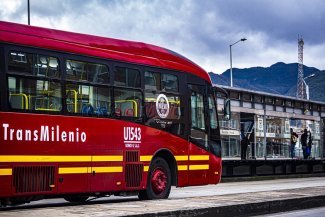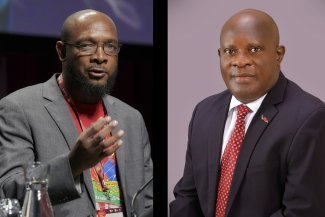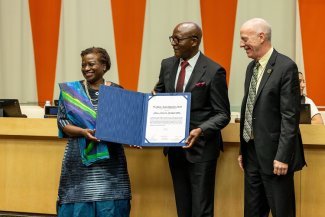The European Commission announced today that it wants to reinstate trade preferences to Myanmar so to help and support the country’s political reforms. The proposal aims to bring back duty- and quota-free market access to Europe except for arms and ammunition.
EU Trade Commissioner Karel De Gucht said: “Since Myanmar/Burma started to open up earlier this year I saw the need to underpin such deep and important changes with real economic support once key improvements for the workforce had been met.”
“Trade is fundamental to supporting political stability and the EU’s trade preferences mean we will give this reform-minded country priority access to the world’s largest market,” he added.
Earlier this year, DeGucht, with Catherine Ashton, had also emphasized the need for business responsibility to accompany any opening on trade, noting that noted that “responsible investment and bilateral trade [are] crucial elements for helping the country recover and flourish.”
The International Labour Organization (ILO) voted last June to suspend sanctions on Myanmar for one year in recognition of progress made with regard to forced labour.
A three-year action plan was also signed by the ILO and the government with the aim of eradicating forced labour by 2015. Credible reports do show that forced labour remains a problem today.
Unions and other democracy campaigners are insisting that governments put stringent conditions on companies operating in or with Myanmar, to guard against exploitation and keep up external pressure on the government to carry through reforms.
Sharan Burrow, general secretary of the International Trade Union Confederation (ITUC), the world’s main trade union body, said that “Burma has taken some important steps away from decades of dictatorship towards respect for basic rights, including for workers, though more remains to be done. At the same time, Europe and other potential trade and investment partners must ensure that companies investing in and trading with Burma are truly accountable.”
“Economic relations must support progress, and not just aim to make profits for companies at the expense of Burmese workers,” said Burrow.
According to the European Commission, “Myanmar/Burma exports to the EU totalled €169 million in 2011- this is approximately 3 per cent of the country’s total exports to the world, and 0.01 per cent of the EU’s total imports.These limited exports to the EU are concentrated on clothing.”
While companies from various sectors, including tourism, oil and gas as well as manufacturing are known to be keen to do business with Burma, the extent of likely trade and investment deals in the short term is not yet known.
The ’Everything But Arms’ trade proposal falls under the European Union’s Generalised System of Preference (GSP) arrangements, which were withdrawn from Myanmar in 1997 following intense campaigning by trade unions and NGOs over the systematic use of forced labour by the military regime.
Democracy leader Aung San Suu Kyi will start a visit to the United States in Washington DC this week, with Myanmar’s President Thein Sein due in New York for UN talks just a few days later.
The US also removed Myanmar as a GSP beneficiary over forced labour concerns, which will now likely come under review. The ITUC, which is opening an office in Myanmar, has welcomed the government’s decision to allow Maung Maung, head of the country’s trade union federation, to return after 20 years in exile along with 2,000 others on a blacklist of over 6,000 democracy supporters.









